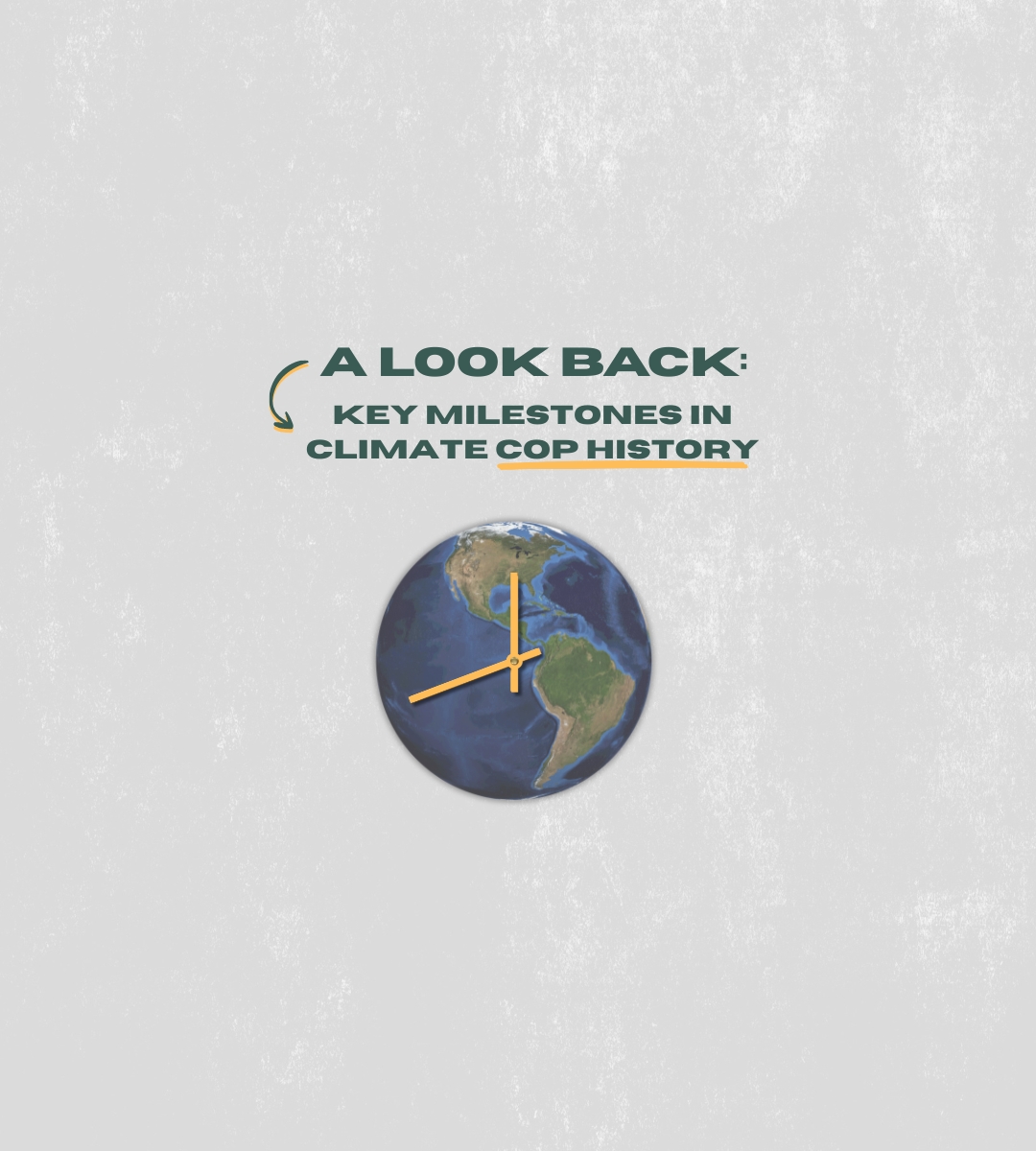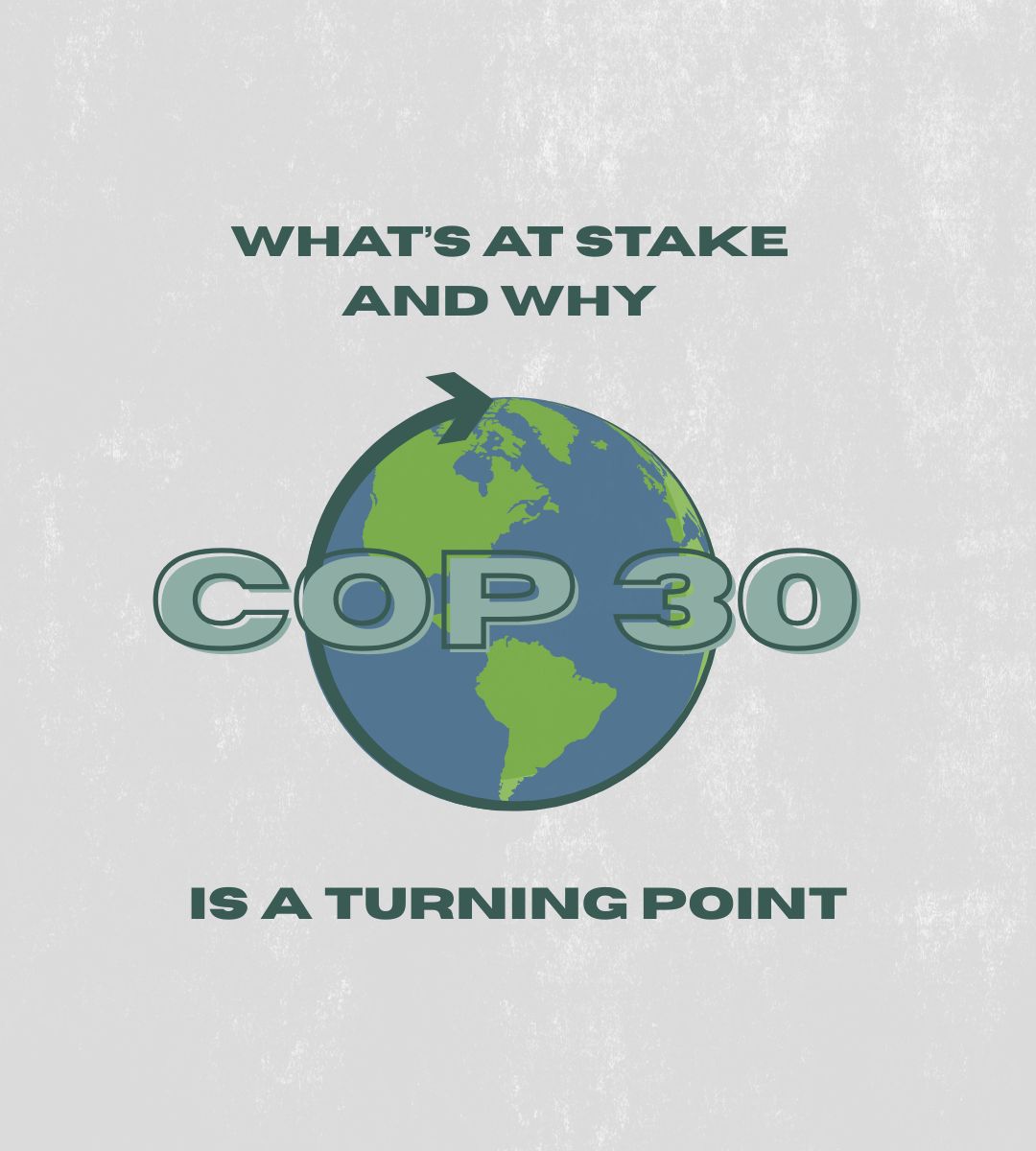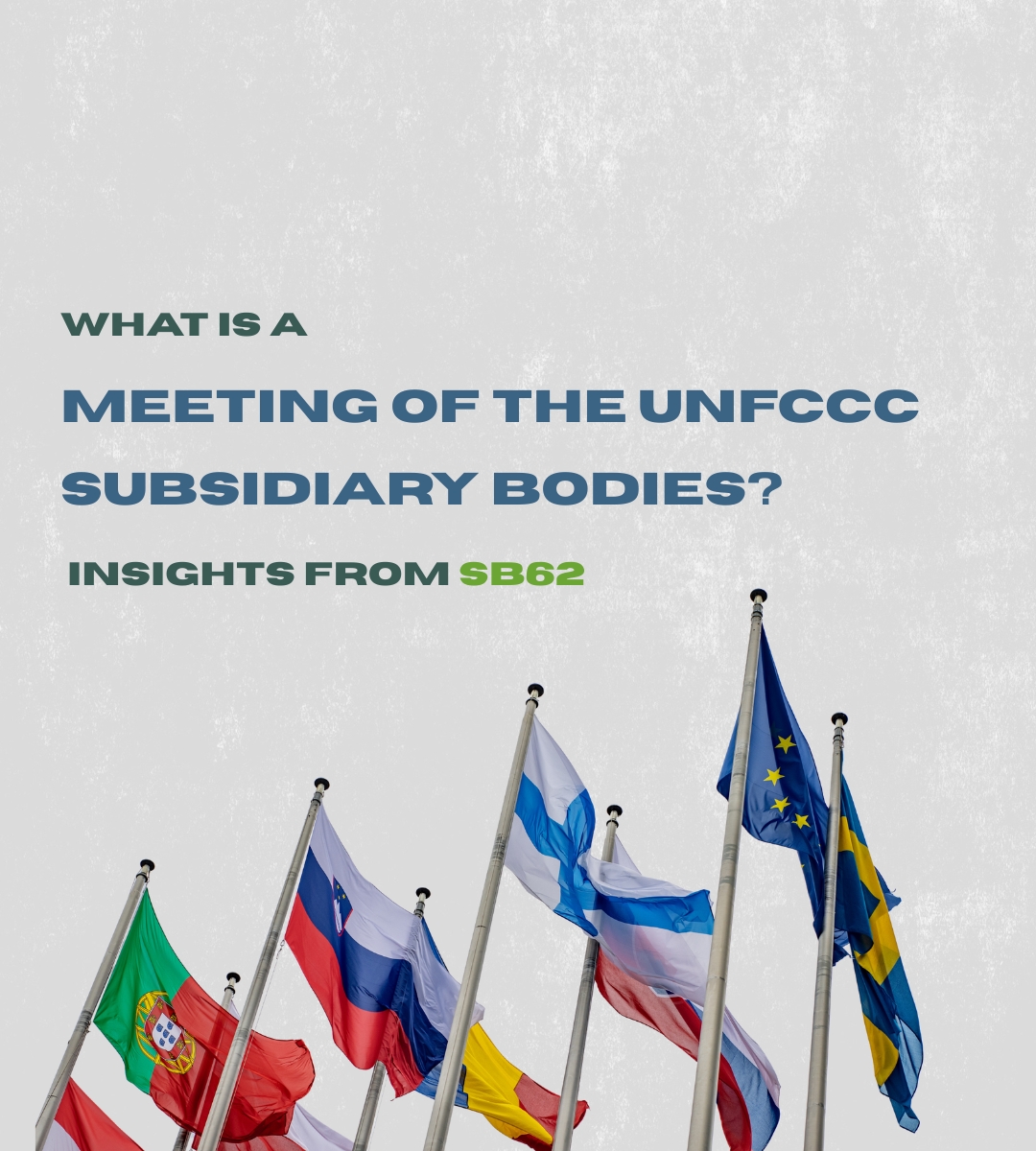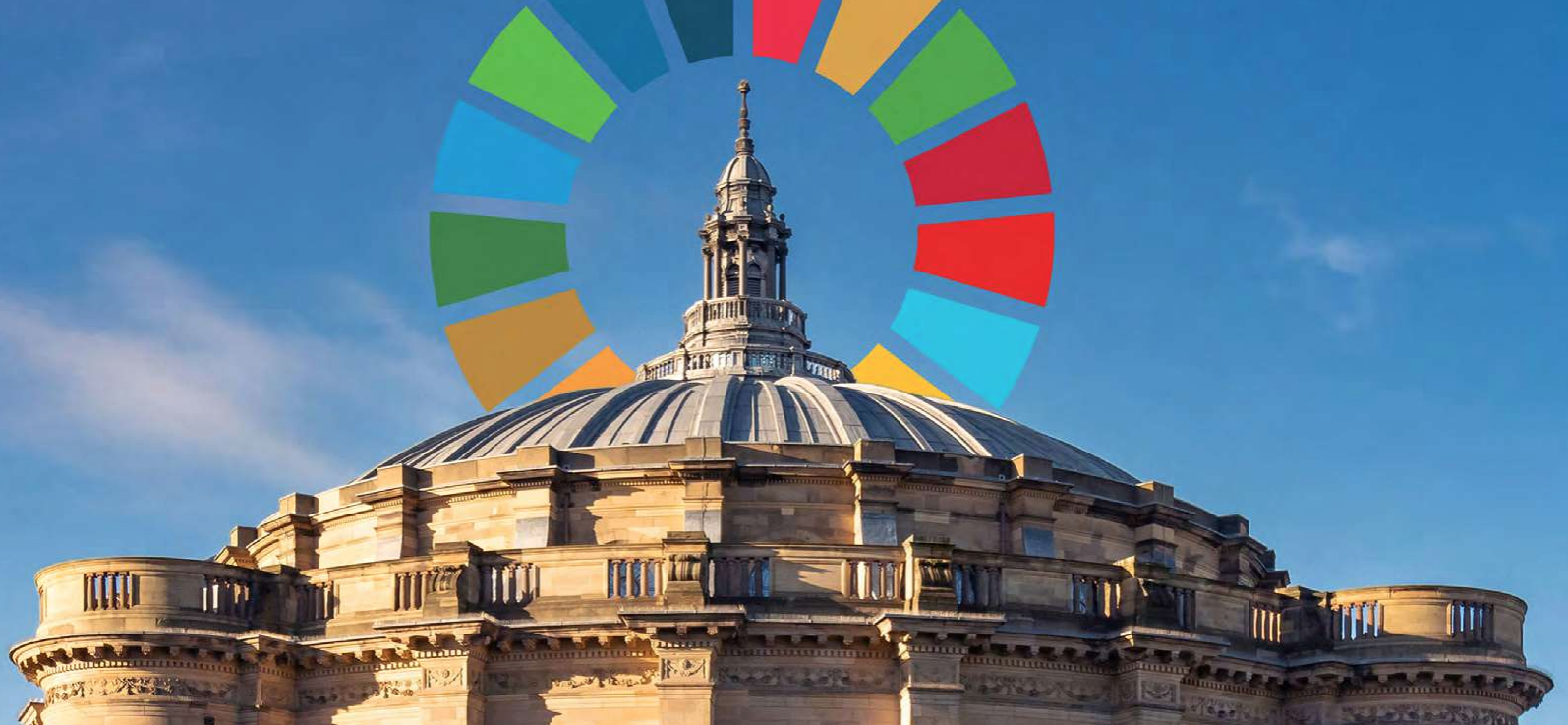As the world prepares for COP30 in Belém, Brazil, it is both timely and valuable to reflect on the journey that has brought us here — a journey punctuated by ambition, negotiation, and the enduring resolve to safeguard our planet.
The Conference of the Parties (COP) under the United Nations Framework Convention on Climate Change (UNFCCC) has, since its inception, provided the arena where global climate action is debated, negotiated, and gradually realised. Recognising and understanding the milestones in COP history allows us to appreciate how far we have come and the challenges that lie ahead.
The early years: laying the foundation
The first COP, held in Berlin in 1995, was largely about establishing the rules of engagement and cultivating trust among nations. It set the stage for COP3 in Kyoto, 1997, where the Kyoto Protocol emerged as the first legally binding agreement requiring industrialised countries to reduce greenhouse gas emissions. These earlier conferences were not only foundational, but also instrumental in highlighting the complexities of balancing economic development with climate responsibility — a global challenge that remains central today.
Turning points: building momentum
COP15 in Copenhagen (2009) was a moment of global anticipation. While it fell short of producing a binding agreement, it was pivotal in raising awareness and marshalling global attention toward climate action. The lessons from Copenhagen informed the negotiations that led to COP21 in Paris (2015), a historic milestone. The Paris Agreement introduced Nationally Determined Contributions (NDCs), amplified the principle of common-but-differentiated-responsibilities-and-respective-capabilities, and established the long-term goal to limit global warming to well below 2°C above pre-industrial levels while pursuing efforts for a 1.5°C limit. Paris demonstrated that consensus, though hard-won, could lead to transformative global commitments.
Recent milestones: from ambition to implementation
COP26 in Glasgow (2021) focused on translating ambition into action — operationalising carbon markets, strengthening NDCs, and mobilising climate finance. It showcased the global community’s increasing focus on accountability and measurable progress. COP27 in Sharm El-Sheikh (2022) brought loss and damage into sharper focus, emphasising the urgent need to support countries most vulnerable to climate impacts and address historical inequalities in climate responsibility. COP28 in Dubai (2023) brought nations to the incredibly difficult discussion on the phase-out of fossil fuels. The most recent one, COP29 in Baku (2024), gave rise to the ‘New Collective Quantified Goal on Climate Finance’. These recent COPs illustrate a shift from merely setting targets to actively implementing mechanisms for achieving them.
Reflections and the path ahead
Each COP has brought tremendous lessons: hard-won successes, exposed enduring challenges in implementation, and inspired an evolving appreciation of the urgency and complexity of the climate crisis. For policymakers, practitioners, and communities, these milestones remind us that climate action is both a global and local responsibility. Accordingly, our imminent COP Café 2025 will spotlight the importance of connecting local action with global ambition — ensuring that the voices and realities of communities shape and benefit from global commitments.
Conclusion
As COP30 approaches, reflecting on the history of the climate COP inspires both hope and ambition. It is a timely reminder that progress often comes incrementally, through persistence, negotiation, and collaboration. The milestones we have achieved so far are not just historical footnotes; they are beacons guiding our collective journey toward a sustainable, resilient, and equitable future. Along this journey, every voice, every initiative, and every commitment matters.
Contact
Howard Mwesigwa is an environmental lawyer and climate advocate currently serving as an Earth Fellow at the Edinburgh Earth Initiative. In this role, he supports the COP Engagement project, strengthening student participation in UN climate and environment meetings, including the Conference of the Parties.
He previously coordinated the Parliamentarians for Climate Finance Project in Uganda, led the Energy, Environment & Sustainability Department at Kalikumutima & Co. Advocates, and founded the Climate Action Leadership Incubator Uganda to empower youth in community-based climate action.
H.Mwesigwa@sms.ed.ac.uk






